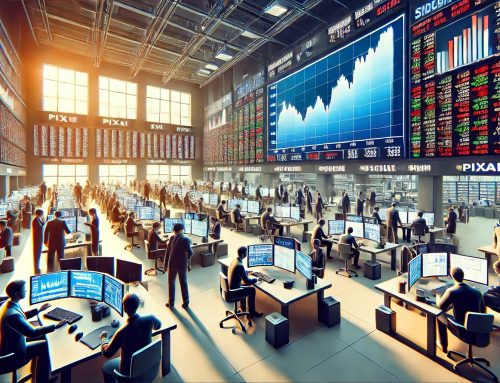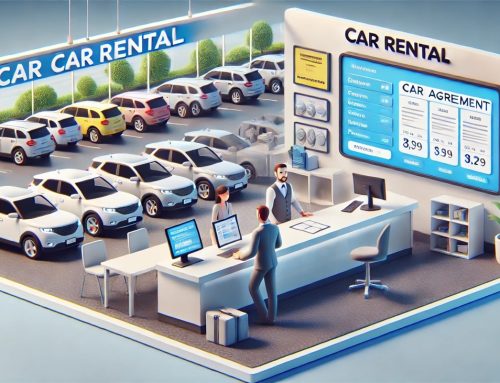July 20, 2022
Member of the European Parliaments want the EU’s updated industrial strategy to enable European companies to be competitive, clean and resilient, and to also help the shift to a more digital and environmental economy.
European enterprises have been hit hard by the Covid-19 pandemic, as many have had to shut or reduce their workforce while finding new ways to work to keep up with the necessary digital and green transitions.
In May 2021, the European Commission presented its updated proposal for the EU’s industrial strategy, to reflect the changed circumstances.
The updated strategy builds on the lessons learned from the Covid crisis to boost the recovery and address the EU’s strategic dependencies at technological and industrial levels. It underlines the need to strengthen the resistance of the EU’s single market to disruptions and to ensure continuity in the free movement of people, goods, services and capital; the need to analyse and address strategic dependencies; and the need to accelerate the green and digital transition.
It proposes a single market emergency instrument to mitigate the impact of future market crises, safeguard the free movement of services and goods and maximise the availability of essential products.
On 13 July 2022, Parliament’s industry committee adopted a report calling for the updated strategy to ensure a competitive, clean and resilient industry in the European Union. The whole Parliament is expected to approve it during the plenary session taking place in Strasbourg in September.
The EU’s industry landscape in numbers
Industry represents more than 20% of the EU’s economy. It creates and produces innovations, sustainable materials and the products needed for the economy and society of the future. In addition, it accounts for 80% of exported goods. The EU is also a top global provider and destination for foreign direct investment.
Manufacturing makes up most of the EU’s industrial economy, accounting for more than four fifths (84.7%) of industrial value added in the EU and 90.3% of industrial employment in 2019.
Empowering smaller firms to achieve sustainable growth
In 2019, there were 23.2 million enterprises in the EU’s non-financial business economy, employing 131.5 million people. The majority (99.8 %) were micro and small and medium enterprises (SMEs), which generated more than half the EU’s gross domestic products.
Together with start-ups, small and medium-sized enterprises are crucial in the digitalisation of the EU and a critical source of innovation, MEPs want improved access to finance and a reduction of their administrative burden.
The industrial strategy should focus on them, as many have contracted debts due to national coronavirus measures, reducing their investment capacity, which is likely to trigger sluggish growth in the long-term.
Making industry more resilient
The EU boasts leading research institutes, companies and highly-skilled people and its strengths should be maintained. MEPs want:
- Measures to ensure that the green and digital transitions preserve jobs, competitiveness and the capacity to produce clean products
- Annual monitoring and reporting on the competitiveness and resilience of European industrial ecosystems and on the progress made on the transition pathways
- The creation of a defensive toolbox to safeguard the EU market from disruptive foreign subsidies, prevent unfair competition from foreign state-subsidised companies and protect crucial EU sectors and technologies
- An ambitious level of investment in research and development, given that the target of 3% of gross domestic product investment in research and development has still not been achieved in most EU countries
- A reinforced “Made in EU” and faster adoption of Industry 4.0 technologies
- A clear reduction of the EU’s external dependency on critical raw materials
Investing in competitive and clean enterprises
In the context of the industrial strategy, the EU should enable companies to contribute to its climate-neutrality targets – as outlined in the Green Deal roadmap and its Fit for 55 package – support firms, particularly small and medium-szed enterprises in the transition to a digital and carbon-neutral economy and help create high-quality jobs.
For the Green Deal to happen as a true growth strategy, it should go with an ambitious industrial policy. MEPs want the Commission to stimulate the production of affordable and abundant renewable and low-carbon energy and to increase the coordination of the planning and financing for needed electricity, energy, hydrogen, CO2 and heating/cooling infrastructure.
Their other proposals include the accelerated implementation of instruments, including important projects of common European interest, and industrial alliances that develop innovative breakthrough technologies needed for the energy transition
Source: European Parliament
Legal Notice: The information in this article is intended for information purposes only. It is not intended for professional information purposes specific to a person or an institution. Every institution has different requirements because of its own circumstances even though they bear a resemblance to each other. Consequently, it is your interest to consult on an expert before taking a decision based on information stated in this article and putting into practice. Neither Karen Audit nor related person or institutions are not responsible for any damages or losses that might occur in consequence of the use of the information in this article by private or formal, real or legal person and institutions.






